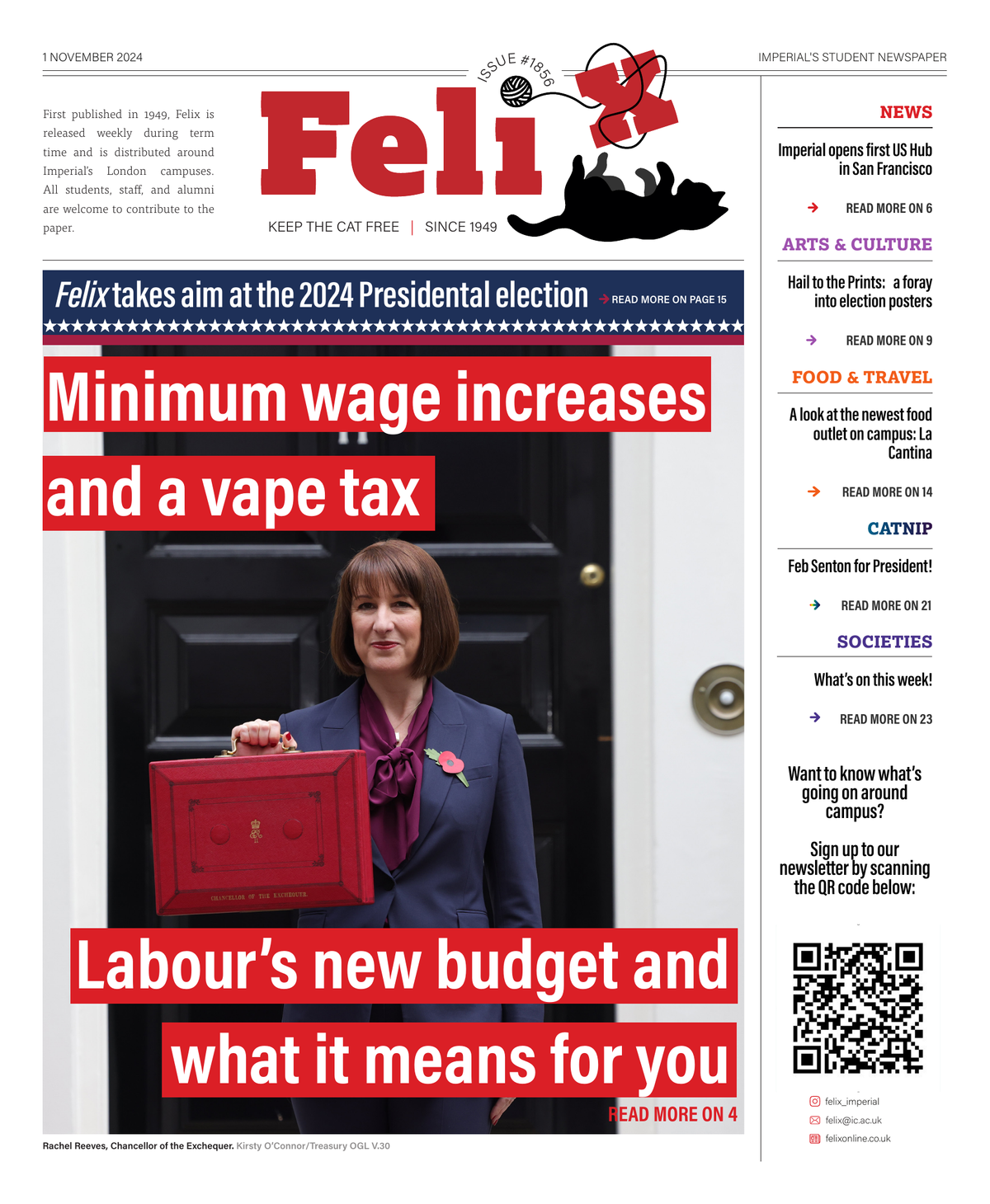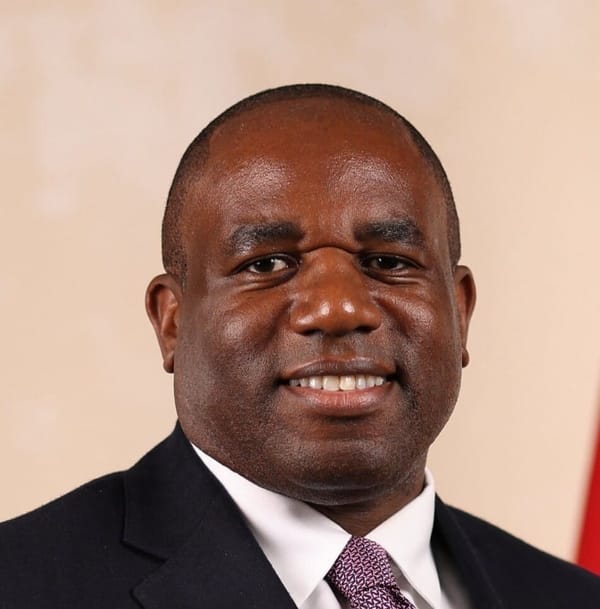UNEP, WMO, and CCC call for action, but is anything different?
Ahead of each Climate Conference of the Parties, a slew of reports are released seeking to inform the proceedings. For example, the United Nations Environment Programme recently released their Emissions Gap Report 2024. Emissions Gap Reports are published ahead of each COP and assess the gap between pledged greenhouse gas emissions reductions and the reductions we need to keep warming to, in this case, 2.0, 1.8, and 1.5 degrees. Grantham Institute Research Director Professor Joeri Rogelj was a lead author on the report and Dr Robin Lamboll was among its contributing authors.
This report, the fifteenth released, calls for "a quantum leap in ambition" on Nationally Determined Contributions, which are non-binding emissions targets set by each country. NDCs are submitted every five years starting in 2020 but can be updated at any time. This cycle lines up with the global stocktake, of which we saw the first earlier this year. The new round NDCs should be submitted well in advance of COP30, so we expect some nations to do so before COP29.
Global greenhouse gas emissions were 57.1 GtCO2e last year. UNEP reports a massive 24 GtCO2e gap between current policies and a reduction in line with 1.5 in 2030, which means our expected annual emissions in 2030 are 24 Gt higher than the level we need for 1.5. This gap falls to 19 GtCO2e when including all NDCs. Net zero targets, it seems, could make a big difference. Assuming all NDCs and net zero targets are met, the world may keep to 2 degrees, but unfortunately policy is so far behind meeting net zero targets it is as if there aren't even concepts of a plan, with a 36 Gt gap for 2.0 degrees and a 48 Gt gap for 1.5.
The Climate Change Committee in the UK has also weighed in on our NDCs. They recommend the UK's NDC commits to reduce territorial emissions by 81% by 2035 compared to 1990 levels. We've already achieved a roughly 50% reduction since 1990 and our current 2030 NDC puts us almost in line with 1.5 degree modelled domestic pathways. Taking into account the UK's fair share of emissions paints a more worrying picture with a requirement for much faster reductions ideally to net negative emissions by 2030 and much more climate finance, according to Climate Action Tracker. This is no surprise given the UK's historical emissions.
Climate finance is such a no-brainer it would sbe funny how little action we're taking if the upcoming devastation weren't so frightening. Ignoring the impacts of heatwaves, sea level rise, tropical cyclones, and tipping points (as well as damages to human health and ecosystems – all of which are significant), a 2024 paper in Nature found that the world is most likely already committed to a permanent income reduction of 19% worldwide by 2049; the impacts are worse in South Asia and Africa with an approximately 22% income reduction. Globally, this is a cost of roughly $38 trillion /yr (2005 international dollars) (£49 trillion /yr). The cost of mitigation in line with 2.0 degrees ($6 trillion /yr) is roughly six times lower than the damages.
The state of finance for adaptation is even worse. Adaptation is just not sexy enough, with less clear short-term incentives for private finance. This is further complicated by adaptation plans being extremely local, despite this usually being a benefit. This leaves most of our attention is on mitigation, even though adaptation pays back four times in risk and GDP degradation avoided ($1.7 trillion of investment producing $7.1 trillion total benefits across five key target areas). By 2030, UNEP estimates there will be a $140-300 billion annual adaptation demand which is far larger than current investment.
Another report, the World Meteorological Organisation's Greenhouse Gas Bulletin No. 20 was published on Tuesday, again with a view to informing COP29. The annual publication analyses global concentrations of long-lived greenhouse gases after any natural effects and brings the unsurprising news that GHG concentrations continue to rapidly increase and have hit record highs.
The Climate COP, from the United Nations Framework Convention on Climate Change, for which COP29 will be in November, sits alongside two other conventions: the Biodiversity COP, from the UN Convention on Biological Diversity; and the Desertification COP, from the UN Convention to Combat Desertification, each of which aim to meet every two years. The Biodiversity COP16 finishes today in Colombia and Desertification COP16 will take place in Saudi Arabia in December.
If this feels like a lot of work for a little progress, you're right. But it's important to frame this in the context of the role of the UN. The UNFCCC was a fantastic achievement for last century, but as Paul Dickinson put it, the UN is not meant to get you to heaven, but to stop you going to hell. With the beyond catastrophic warming scenarios of 4+ degrees now much less likely, there has been some success.
The reality is that the people have the power. Collective, grassroots, community-led action has an incredible potential to drive us beyond what's easy to the justice we really need. Climate action is a story of opportunity and hope and that's a story we've got to tell.









